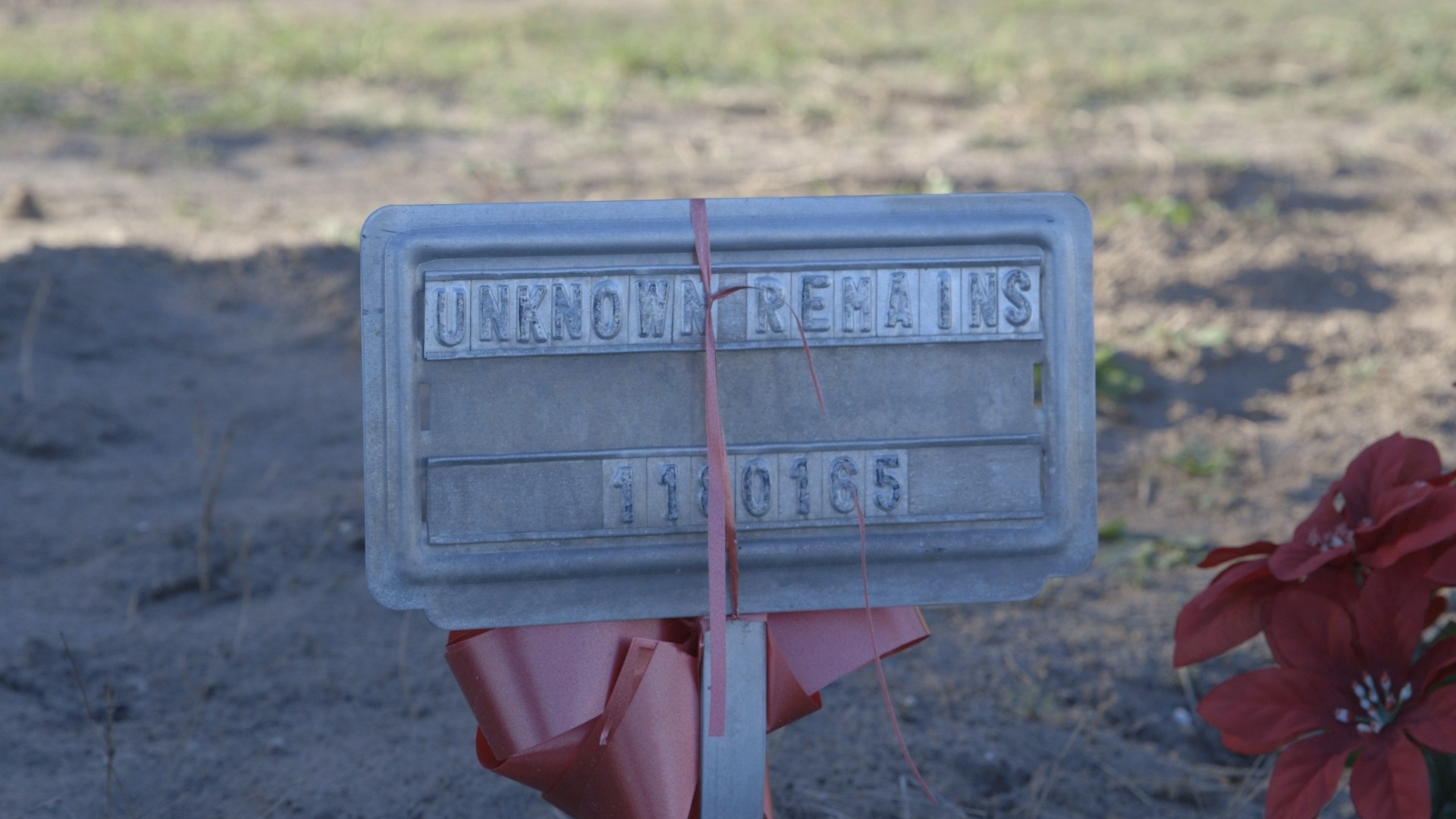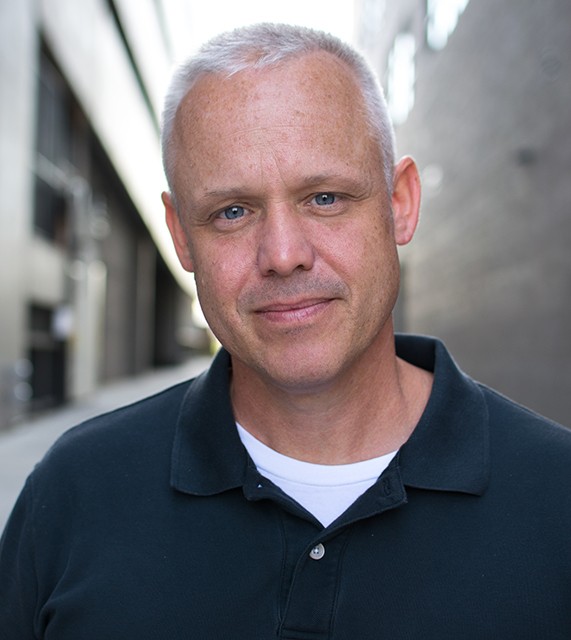We’re excited to introduce you to the always interesting and insightful Edward Tyndall. We hope you’ll enjoy our conversation with Edward below.
Edward , appreciate you joining us today. Can you talk to us about a project that’s meant a lot to you?
I’ve had the opportunity to work on many important projects that really opened my eyes to other’s perspectives, but I’m most moved by my current Documentary Heartbreak Country, which investigates attempts to identify migrants that have died crossing the US Mexico Border in South Texas.




Edward , before we move on to more of these sorts of questions, can you take some time to bring our readers up to speed on you and what you do?
I wanted to be a poet as a teenager but was encouraged to move toward film by a close friend that was in the industry. It was a great direction to go in that combined thesis-based storytelling with poetic imagery in ways that really appealed to me. It also connected my projects to a wide audience. My main areas of focus as a filmmaker are screenwriting and documentary production. My past documentary and narrative films have been exhibited at over one hundred film festivals and theatrical venues, among them top world film festivals such as the Tribeca Film Festival and BFI London Film Festival. My award-winning screenplays have received favorable peer-review at a variety of festivals and competitions including the Sundance Screenwriters Lab, the Austin Film Festival and Screenwriters Conference, and the Cinequest Screenwriting Competition. My projects have been distributed to TV and streaming services internationally. I also write short fiction. My most recent short story, Wayfaring Strangers, was published in Running Wild Anthology of Short Stories Vol. 5, and is currently being published as and illustrated book in collaboration with painter Ricardo Ruiz, who I met while producing my documentary ‘The Cheech’ about Cheech Marin’s Chicano Art Collection. I feel incredibly lucky to be able to work on creative projects with so many fascinating and engaging people.
We’d love to hear a story of resilience from your journey.
My first documentary film was a historical documentary that took 5 years to produce. I was 26-years old and had no formal training in filmmaking. At the time, I was working six shifts a week at a dive bar in Wilmington, NC (working with some of the best people I’ve ever worked with). Toward’s the end of the film we were editing in Chapel Hill, NC with Editor Jeff Seibenick, who went on to edit many of actor Danny McBride’s films. On the way back to Jeff’s house from a party the night we finished editing I shattered my ankle walking alone. It was three in the morning and I crawled to the nearest road, but no-one would stop for me. I finally crawled half a mile to a house I saw in the distance. They called an ambulance for me and I underwent surgery. The day I was released from the hospital, we were run off the highway by a drunk Marine as we drove back from Chapel Hill to Wilmington, NC. The car flipped several times. Thankfully, everyone survived. As they pulled us form the wreckage I pleaded with them not to leave the film edit in the car. Thankfully the EMTs retrieved it. The film went on screen on PBS, which sort of opened the door for me as a filmmaker. When things get hard on projects, I always think about that period, and how important tenacity is for creatives to carry out their vision.




For you, what’s the most rewarding aspect of being a creative?
As a filmmaker and writer, I’m rewarded by having the opportunity to explore the human condition from so many unique perspectives. I get to move in and out of worlds I would never have access to normally. This has opened my eyes in so many ways, and allowed me to develop a sense of empathy I don’t think I normally would have had. It’s never dull. I couldn’t ask for more.
Contact Info:
- Website: edwardtyndall.com
- Instagram: https://www.instagram.com/edwardrtyndall/
- Youtube: https://www.youtube.com/@edwardtyndall4135
- Other: Vimeo: https://vimeo.com/edwardtyndall


